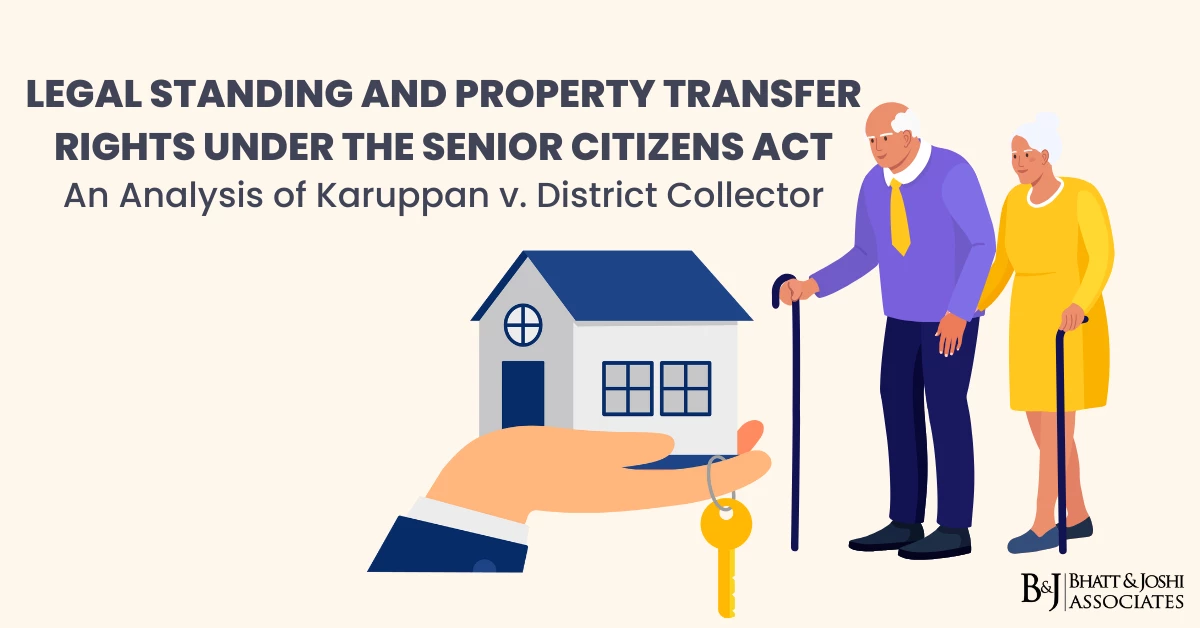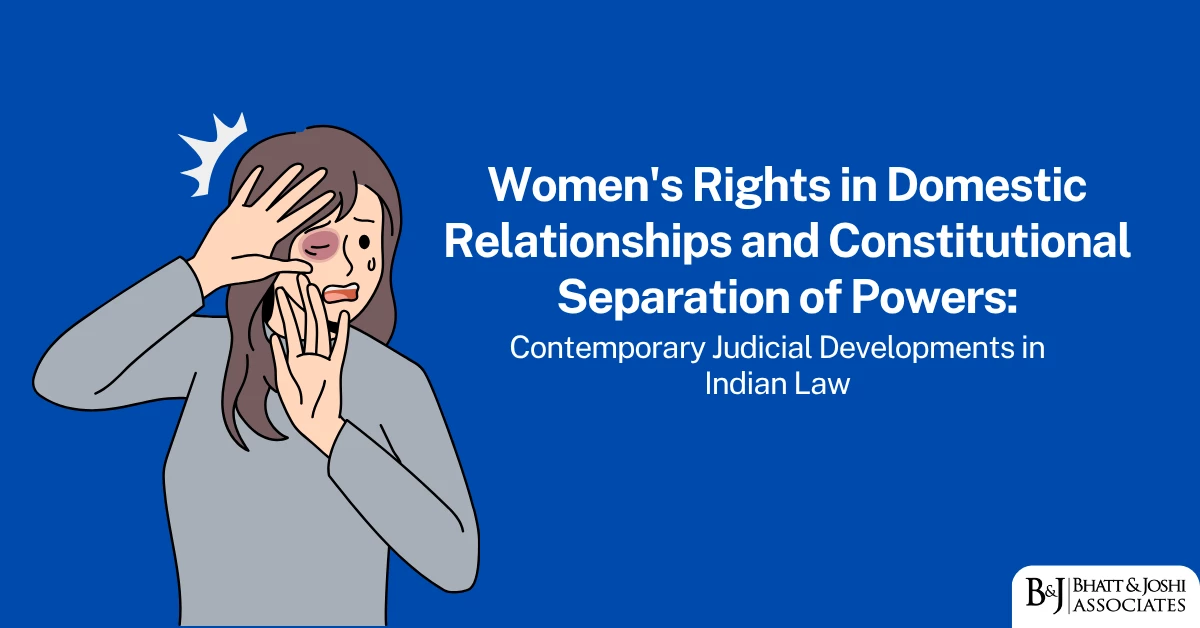Introduction
Appeal refers to the option available with the aggrieved party to apply to a higher court of Law for the reversal of the order of the lower court. Section 130E of the Customs Act, 1962 gives the party aggrieved by the order of (a) High Court or (b) Appellate Tribunal the right to appeal to the Supreme Court of India for the reversal of the impugned order.
Under Section 130E (a) of the Act, an aggrieved person can appeal to the Supreme Court in any judgement of the High Court delivered:
- In an appeal made u/s 130 of the Act
- on a reference made under section 130 by the Appellate Tribunal before the 1st day of July, 2003
- A reference made under Section 130A of the Act, wherein the High Court on its own motion, or on an oral application by the aggrieved party certifies the judgement passed by it to be fit for an appeal to Supreme Court.
Under Section 130E (b) of the Act, any order passed by the Appellate Tribunal relating to the determination of any question having relation to the rate of duty of customs or the goods value for assessment purpose shall be appealable in the Supreme Court of India.
Relevant Precedents:
In regard to appeals under Section 130E of the Act, the following two case laws are considered of utmost relevance w.r.t appeals made to the Apex Court under the Customs Act, 1962:
-
Steel Authority of India Limited v. Designated Authority, Directorate General of Anti-Dumping & Allied Duties & Ors.:
In this case, the Supreme Court dealt with the provision of Section 130E (b) of the Act in detail, and listed out the essential conditions, which have to be satisfied under Section 130E for the exercise of jurisdiction by the Apex Court to be valid under the Customs Act. The essential conditions are as follows:
- The questions raised by the appellant should be in direct relation to the queries of the determination of the appropriate rate of duty or the value of goods determined for the purpose of assessment of duty.
- A substantial question of law should exist which has not been answered, or on which there is disagreement
- The Appellate Tribunal acted in gross violation of the procedures or principles of natural justice, which has resulted in failure of justice
- The tribunal, after considering the material and the relevant facts along with it, has arrived at a conclusion which also could be a possible conclusion then the same must be allowed to rest even if the court is inclined to take another view of the matter.
-
Commission of Customs–1 v. AASU Exim Private. Ltd:
In this case, the appeal was filed by the Revenue Department with the Supreme Court of India based on the question of facts. The revenue department appealed against the order passed by the Appellate Tribunal, which had passed the impugned order that the documents published by the assessee were not disputed by the Revenue Department, which is sufficient in itself to reverse the findings of the primary and secondary First Appeal Authority. Both authorities had held that the demand of duty by the Revenue Department which amounted to Rs. 4,79,11,879/- was correct as the assessee had incorrectly declared the goods imported by him, and the grading so done was also in an improper format. The Apex Court too, in coherence to the order passed by the first and secondary appeal authority held that the grading of the goods imported was done in an incorrect format, and the duty so paid in line with the grading done is also incorrect, meaning that the deal value on the basis of the incorrect grading was inadmissible. The Supreme Court further laid light upon the fact that almost half of the bills of entry relating to the goods declared to be imported by the assessee were different from the actual goods imported, and for the rest half of the bills, there was found a variation in the actual price of the goods imported and the import declared value.
The Revenue department appealed with the Supreme Court of India to question the correctness of the findings recorded by the Tribunal, which is essentially the determination of facts. Since the appeal was filed on the basis of dispute over facts and not dispute over question of law, therefore the Supreme Court of India refused to interfere with the order passed by the Tribunal, and upheld the decision so given by the Appellate Tribunal.
It can be highlighted that the appeal made by the Revenue Department did not satisfy the essential conditions laid down by the Apex Court in the case of Steel Authority of India Limited, and therefore, the appeal is not maintainable in the Supreme Court.
Conclusion
Through the medium of the above stated case laws, we can identify that the appeals that are filed by the aggrieved party to the Supreme Court under the ambit of Customs Act, 1962 are governed by a specific set of essential conditions laid down, which have to be fulfilled if the appeal is to be considered maintainable before the Apex Court.
Footnotes:
1. THE CUSTOMS ACT, 1962, ch XV, s 130E, https://legislative.gov.in/sites/default/files/A1962-52.pd 5. THE CUSTOMS ACT, 1962, https://legislative.gov.in/sites/default/files/A1962-52.pd 6. Steel Authority Of India Ltd vs Designated Authority, CIVIL APPEAL NO.241 OF 2017, https://indiankanoon.org/doc/83092503/ 7. Pr. Commissioner Of Income Tax vs Maruti Suzuki India Limited, Civil Appeal No 5409 of 2019 https://indiankanoon.org/doc/129565204/











